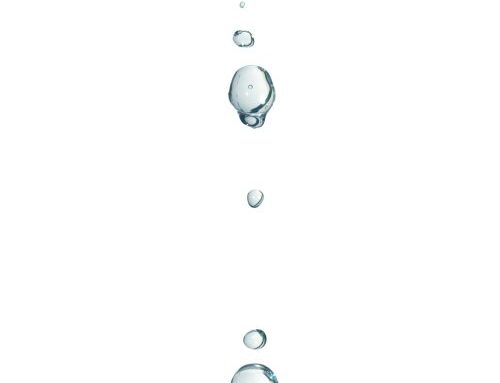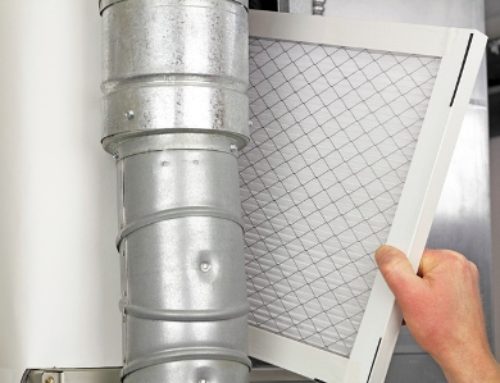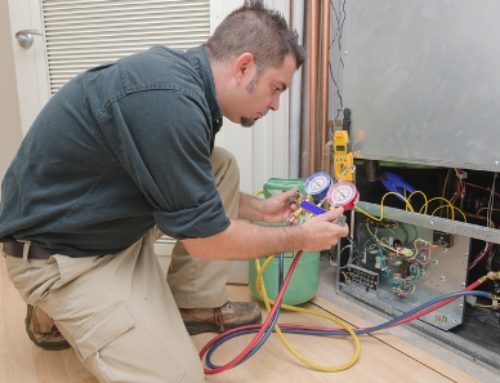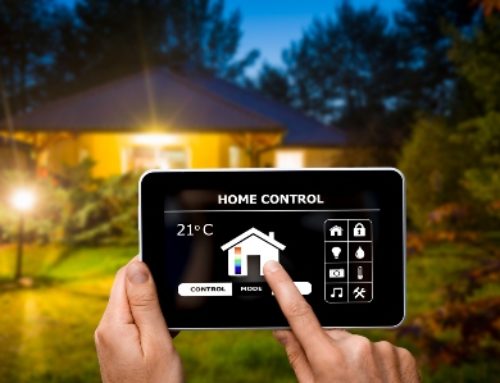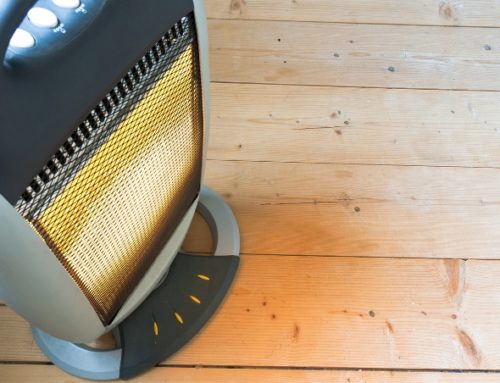The type of heating system which developers choose to install in a commercial building will have a large impact on the business’s utility costs and the comfort of its staff and employees. Today most commercial developers choose from radiant heating, forced air heating, and electric resistance heating. Each option presents advantages and disadvantages that business owners and facility developers must consider when designing their commercial space.
Radiant heating systems use a central boiler to heat water or oil. This water or oil is then transported through pipes throughout the building. Infrared radiation is then used to transfer heat from the liquid in the pipes to the air in the building. The main advantage of this type of system is that boilers are available at relatively low prices. These systems are also environmentally friendly because they are chemically clean. Their modern design and compact size also makes them easy to install and maintain. Although these systems are typically durable and can last a long time with proper maintenance, they can also cause major water damage. If freezing causes a pipe to leak or rupture, the damage can be extensive and expensive to fix.
Convection heating uses a furnace to warm air that is then blown through air ducts to warm the air throughout the building. These systems can use natural gas, electricity, or steam coils to heat the air. Convection heating systems are initially cheaper to install because the ductwork for the furnace can double for the air conditioning system. This makes these systems a popular choice for commercial and residential buildings. However, heat tends to rise with convection heating which can make heat distribution less effective. These systems also may require the installation of a humidifier to compensate for the excess of dry air they produce in colder months. These systems also require additional servicing to keep them from blowing dust particles and other irritants throughout the air in your commercial space.
Electric resistance heating use heats pumps to run electricity through metal coils, to heat the air around them. Through infrared radiation transfer, this heated air is spread to the air throughout the building. Heat pumps are generally considered more efficient than other heating systems because they don’t convert electricity into heat. Instead they absorb and amplify heat from the atmosphere and then send it through the residential or commercial space. Heat pumps also function as an air conditioner in warmer weather, which helps to save energy. Although heat pumps usually save more money long-term, they are much more expensive to install. These systems are also not ideal for extremely cold climates, as extensive exposure to temperatures below freezing can cause serious damages to the system.
No matter what heating system you choose for your commercial space, Climate Tech Air Conditioning and Heating has the qualified technicians to provide you with industry leading service in installation and maintenance.




